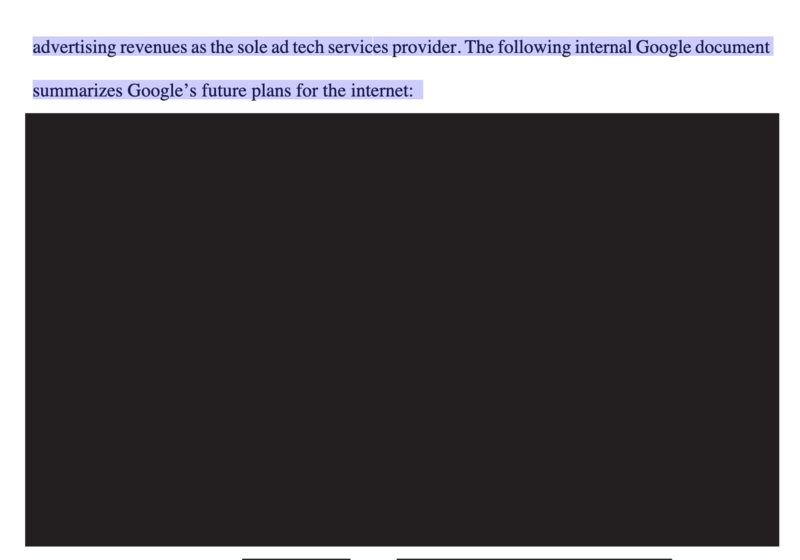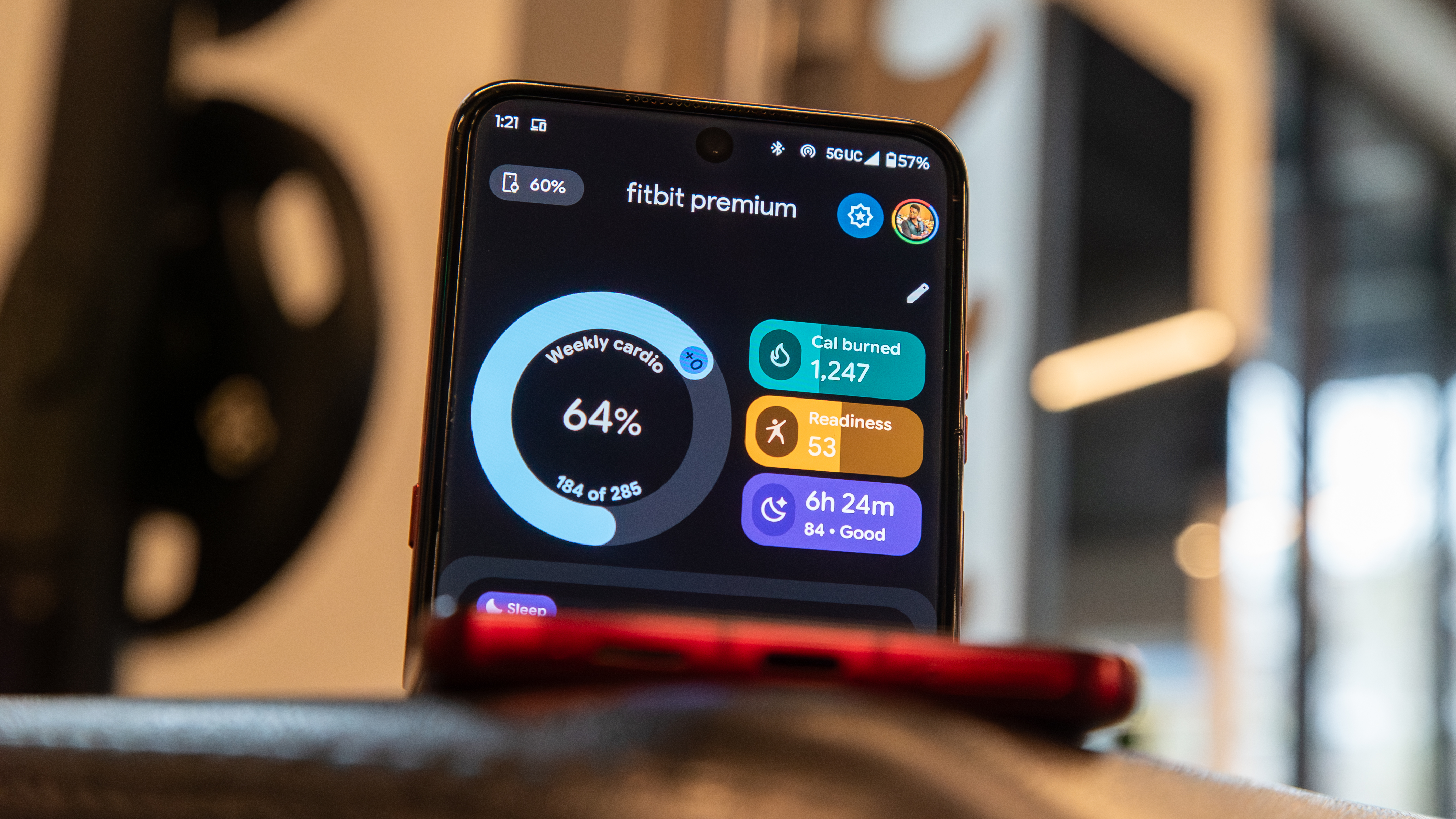Google is facing two new anti-trust lawsuits — here's what they mean
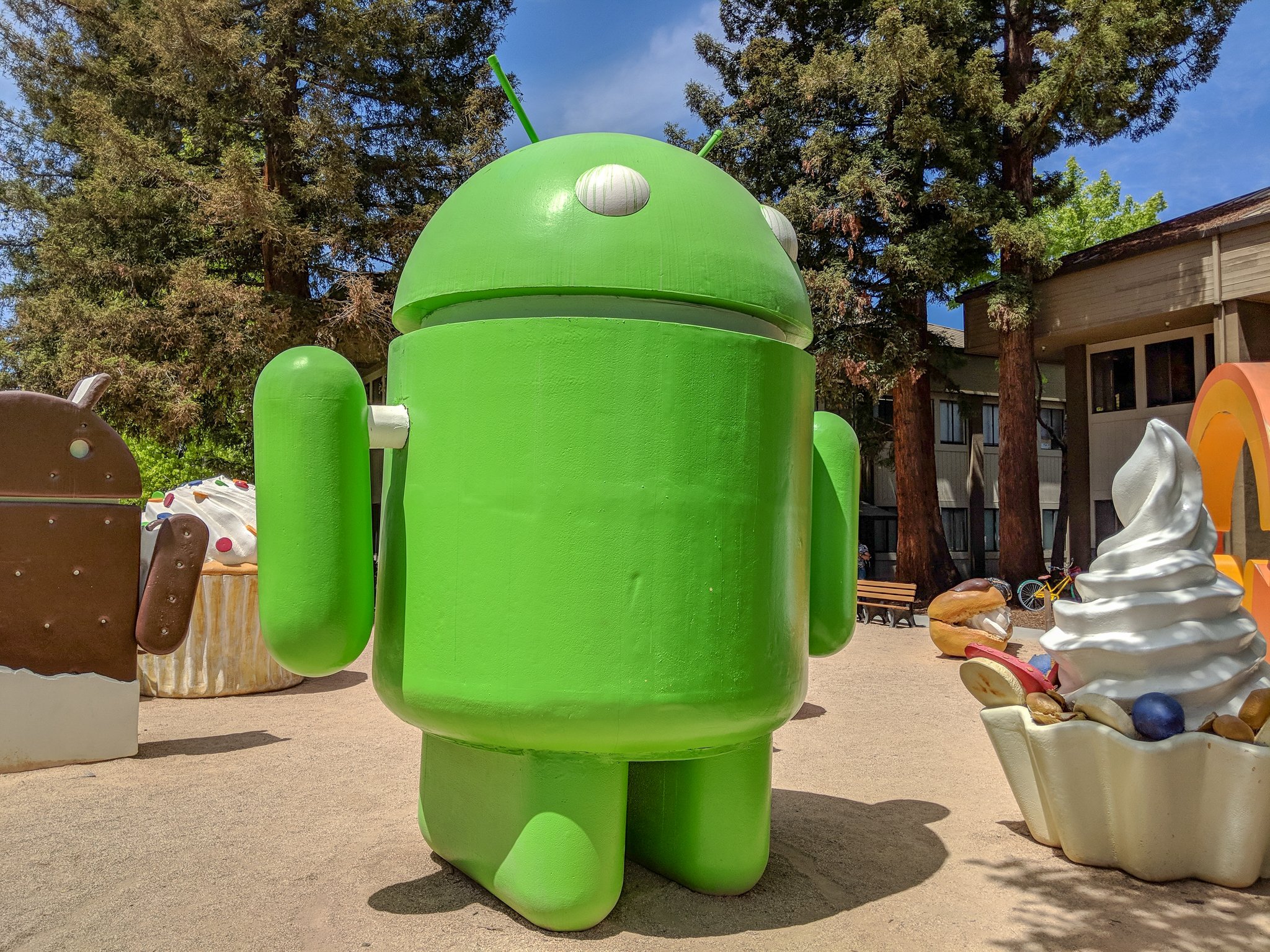
In the past couple of days, we've seen two new cases brought against Google and its alleged anti-competitive business practices. One lawsuit (brought by Texas AG Ken Paxton and the attorneys general of South Dakota, Arkansas, Idaho, Indiana, Kentucky, Mississippi, Missouri, North Dakota, South Dakota, and Utah in U.S. District Court for the Eastern District of Texas) concerns Google abusing its monopoly power over the technology the delivers its ads, as well as some highly questionable allegations of collusion with Facebook.
The second lawsuit comes from a bipartisan group of over 30 state attorneys general and is filed in the U.S. District Court of the District of Columbia. The prosecutors have asked that the case be combined with the filing by the Justice Department in October because both cover the same scope: directly accusing Google of arranging search results to favor itself over rivals.
Case 1: Online ad abuse and overcharging
#BREAKING: Texas takes the lead once more! Today, we're filing a lawsuit against #Google for anticompetitive conduct.
This internet Goliath used its power to manipulate the market, destroy competition, and harm YOU, the consumer. Stay tuned… pic.twitter.com/fdEVEWQb0e#BREAKING: Texas takes the lead once more! Today, we're filing a lawsuit against #Google for anticompetitive conduct.
This internet Goliath used its power to manipulate the market, destroy competition, and harm YOU, the consumer. Stay tuned… pic.twitter.com/fdEVEWQb0e— Texas Attorney General (@TXAG) December 16, 2020December 16, 2020
We'll talk about the first lawsuit because it's easier to break down and has some interesting drama involved. The suit asks for fines and changes in Google's business structure but no actual specifics have been given there. What it alleges is that Google used its 2007 acquisition of DoubleClick, which uses its own tech to deliver online ads and acts as its own marketplace, as a way to gain an unfair advantage in the online ad business. Google still uses this model and that gives it complete control of the software during any deal involving online advertisement through the company. The prosecution claims that this forces any companies buying ads to pay more
If there are valid questions, there need to be valid hearings.
The scrutiny here is valid and needs to be thoroughly investigated. If one company controls the entire sales and service chain when another company wants to purchase ads, it needs to cross every T and dot every I. Especially if that company is as dominant as Google is when it comes to online ads.
But some of the very heavy and seemingly unnecessarily redacted filings refer to things like a secret pact between Google and Facebook that allows Google to remain dominant in exchange for Facebook receiving preferential treatment in ad auctions (meaning Google won't drive the bidding process to run up the price), that Google's AMP technology is a plot to disrupt the free and open internet, and how Google used sinister but redacted Star Wars references for internal project names.
Google, of course, calls the claims baseless and says it will fight the case in court.
In addition, there are some strange and unrelated accusations that Facebook allowed Google to harvest user messages from WhatsApp chats once it acquired the company. These are quickly swept away once you realize that this is in regard to allowing users to back up encrypted chat and message history through Google's standard Google Drive backup system. The inclusion of these sorts of odd accusations sours a valid concern and brings unnecessary drama to an otherwise important court hearing.
Get the latest news from Android Central, your trusted companion in the world of Android
If joined with the DoJ case, there would be 100% less drama involved here.
You might remember that Texas AG Ken Paxton brought a suit to the U.S. Supreme court that attempted to throw out the votes of 20 million Americans in swing states that were decided for Joe Biden, like Pennsylvania and Michigan. The states that have signed on to the Texas AG's suit against Google are also states that signed on to this case concerning alleged voter fraud. This has led to cries of partisanship as well as speculation that the lawsuit was filed to pull attention away from Texas AG Paxton's own legal woes or to appease the President.
Had this case been joined with the second case, none of this would have happened and the focus would be on how Google may be using its in-house tech to give itself an unfair advantage instead. By not joining the Justice Department filing, this case has already brought questions about the ethics of the prosecutors — as evidenced by naming each state and detailing its willingness to join a baseless Supreme Court election matter. Hopefully, this can somehow be rectified and Google's use of DoubleClick's tech can be investigated.
Case 2: Search result manipulation
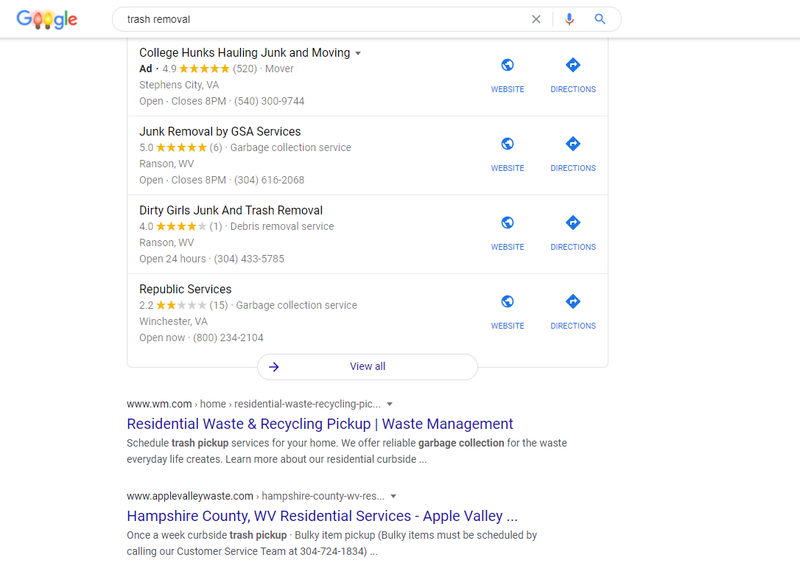
The second case from a bipartisan group of over 30 states accuses Google of manipulating search results so that companies which purchased ad from Google appear above search results for other websites that may specialize in what was being searched. That sounds very confusing so, hopefully, an example can help:
We're used to seeing ads in search results, but should they be there?
I own a company that removes junk local garbage collection won't collect. You own a website that specializes in finding companies in the same line of work. If I buy an ad from Google when someone searches for junk removal they will see my ad before your website. You might think that's fair for one reason or another, but many disagree, and the process of how this happens and why is being challenged in court.
Additionally, the lawsuit alleges that exclusive deals were made with Apple, Samsung, and other phone makers to prioritize Google's search over the competitors and this is an abuse of Google's dominance when it comes to search. Finally, the lawsuit alleges that Google is unfairly using its dominance to further extend said dominance through the use of "home voice assistants".

It's noteworthy that the prosecutors want to join this case with the Justice Department's own lawsuit that alleges Google is illegally protecting its monopoly over search and search advertising. Facts in this matter are extremely relevant in the DoJ lawsuit and could influence the outcome.
The bigger question is how much, if any, harm is caused by Google's practices in search.
This case is going to be much tougher for Google to win than the first case. It's bipartisan, focuses on protections for both other companies and consumers, and lacks any easily disproven conspiracy theories. Plus, we all use Google search and know that Google Ads appear before relevant web results.
The question is how much, if any, harm comes to other companies and consumers by these practices as well as the legalities of them. Three basic questions will be answered: Is it OK for Google to put ads above search results? If not, who is harmed, and how? And is Google using its monopoly on search to pressure phone makers into exclusivity deals?
We should want to see these questions answered. Google has a world-class legal team that will argue that nothing it does hurts consumers or competition but it is paid to portray Google in a good light by any means necessary. Oftentimes, the truth and the legal spin aren't the same things. If Google is engaged in shady practices, it needs to stop and be punished for doing so.
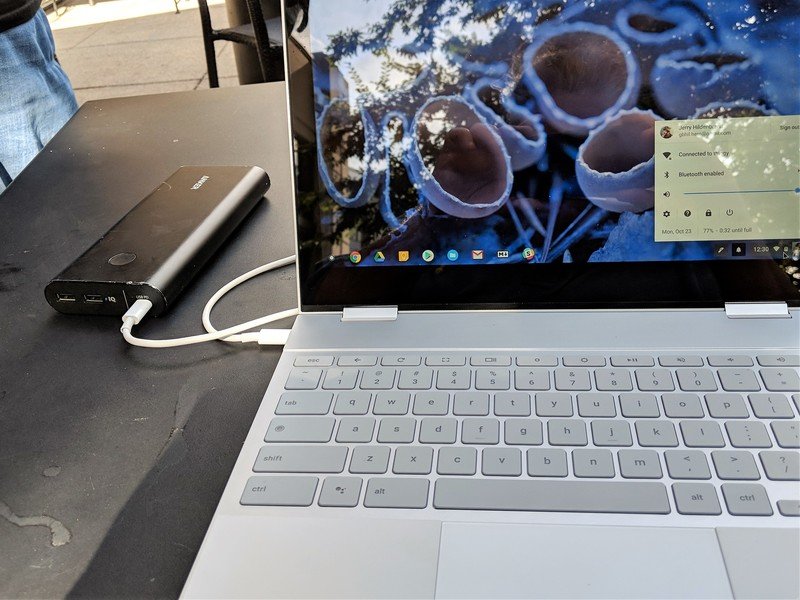
As an Android and Google fan, I hold them to a higher standard. My opinion may be unpopular, but I think Apple, Google, and Microsoft should be scrutinized at every turn to make sure that not only are no laws being broken, but that what each company does isn't hurting consumers. Along with Amazon and Facebook (which are long overdue for some severe penalties), these companies hold an extreme amount of influence over much of our daily lives.
An antitrust case against Google may not be good for the company or its shareholders, but it will always be good for the consumer.

Jerry is an amateur woodworker and struggling shade tree mechanic. There's nothing he can't take apart, but many things he can't reassemble. You'll find him writing and speaking his loud opinion on Android Central and occasionally on Threads.
